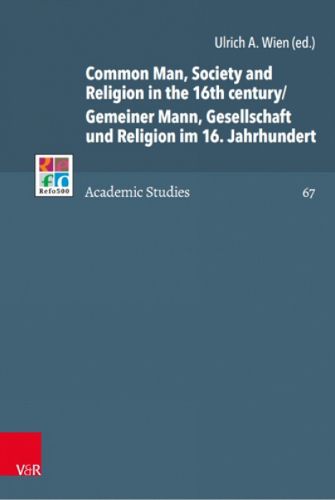Readings Newsletter
Become a Readings Member to make your shopping experience even easier.
Sign in or sign up for free!
You’re not far away from qualifying for FREE standard shipping within Australia
You’ve qualified for FREE standard shipping within Australia
The cart is loading…






The bilingual anthology brings together partly groundbreaking results from an interdisciplinary research conference, the contributions of which take up social, economic, cultural and ecclesiastical aspects of the early modern period in the Carpathian Arc. Based on sources that have been evaluated for the first time, the articles deal with current issues and research horizons on the interdependence of social, economic, cultural and religious phenomena in the Carpathian Arc of the early modern period, in which the Ottomans became the internationally dominant political factor. Transformation processes were initiated by population and military movements, economic, political and religious-mental upheavals that oscillated between opportunistic adaptation and rebellious resistance and provoked corresponding political measures and counter-reactions. The research opinion on the history of tolerance in Transylvania, which has been valid up to now, is questioned and completely reevaluated.
$9.00 standard shipping within Australia
FREE standard shipping within Australia for orders over $100.00
Express & International shipping calculated at checkout
The bilingual anthology brings together partly groundbreaking results from an interdisciplinary research conference, the contributions of which take up social, economic, cultural and ecclesiastical aspects of the early modern period in the Carpathian Arc. Based on sources that have been evaluated for the first time, the articles deal with current issues and research horizons on the interdependence of social, economic, cultural and religious phenomena in the Carpathian Arc of the early modern period, in which the Ottomans became the internationally dominant political factor. Transformation processes were initiated by population and military movements, economic, political and religious-mental upheavals that oscillated between opportunistic adaptation and rebellious resistance and provoked corresponding political measures and counter-reactions. The research opinion on the history of tolerance in Transylvania, which has been valid up to now, is questioned and completely reevaluated.